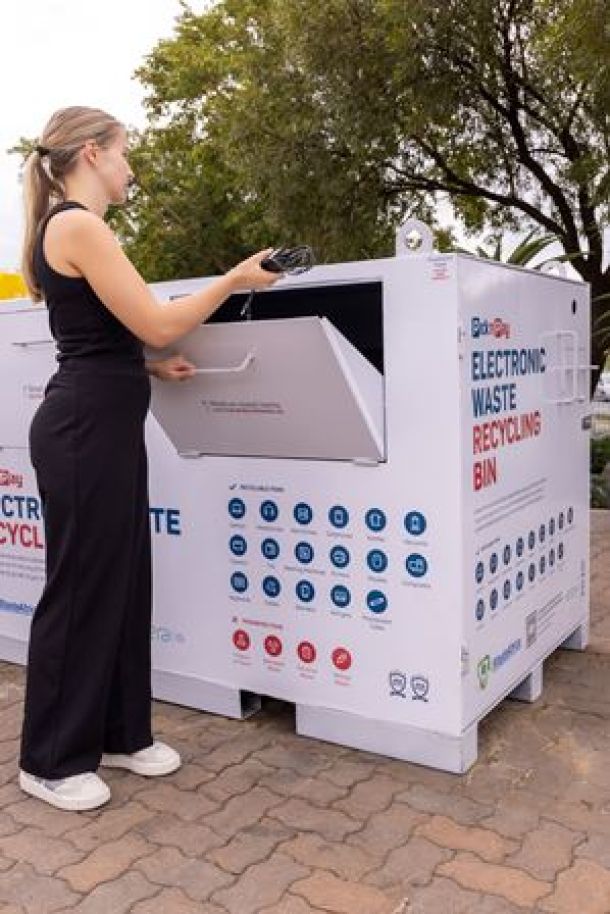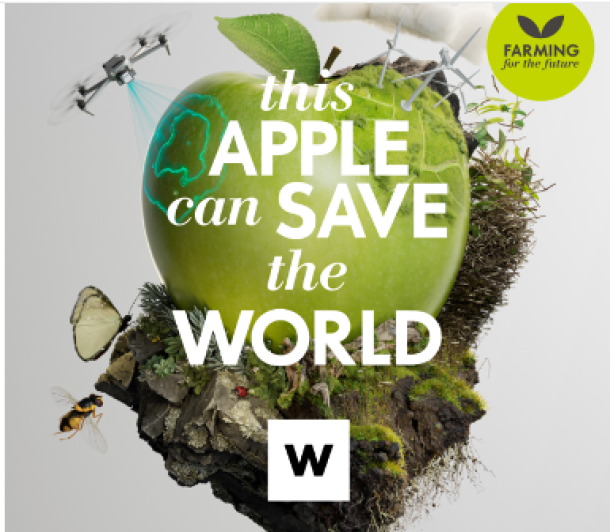UK government planning to introduce deposit return scheme for drinks containers
The UK government has revealed that it is working on plans to introduce a deposit return scheme (DRS) to cover all single-use drinks containers in England, whether plastic, glass or metal.
The scheme, aimed at boosting recycling and cutting waste, will see a fee added to the product price which consumers will get back if they return the container.
Similar schemes operate around the world and have led to a big increase in the amount of plastic recycled. Campaigners have been calling for its introduction in England for some time amid growing concerns about the impact of plastics on the environment. At present, only around 40% of the 13bn plastic bottles sold each year in the UK are recycled.
Full details are subject to consultation and it has yet to be decided how big the deposit will be and how consumers will return the containers. Announcing the move, Environment Secretary Michael Gove said: “We need to see a change in attitudes and behaviour. And the evidence shows that reward and return schemes are a powerful agent of change.”
Environmental campaigners welcomed the announcement, although the drinks industry may be worried about consumers having to pay higher prices at the till and any subsequent impact on sales.
Retailers could also face increased costs connected with collecting used containers and ensuring they are properly recycled. Tesco, the Co-op, Aldi and Iceland have backed a DRS, although the British Retail Consortium and Association of Convenience Stores has opposed it.
Commenting on what it means for the industry, Tim Murray, Associate Director at Newton, said: “It’s positive to see the government formulating plans to combat plastic waste with the announcement of the plastic deposit return scheme. While this will add an additional level of complexity for retailers, once the initial confusion over precisely what the scheme entails is overcome, they are likely to support the scheme. Especially as similar initiatives have proven to be successful elsewhere in Europe.
“However, there are generally two key factors that influence how consumers make their purchasing decisions ahead of environmental impact; price and convenience. So, unsurprisingly, it’s crucial retailers attempt to keep costs low and, most importantly, that these costs remain ahead of the competition. This is where the bigger retailers can benefit as they will be able to implement a return scheme at a lower cost (due to their scale) to benefit their customers.
“There will be a price ceiling on how much consumers are willing to pay before they forgo a product altogether. So, depending on the cost of the up-front deposit that consumers must pay, it may be that this scheme opens the door for alternative packaging types to steal market share from plastic.
“Overall, we believe that convenience will be the most important factor for consumers, even above price. It remains to be seen whether consumers will potentially go out of their way to follow through and deposit plastic bottles for the sake of a few pence.”
News Category
- International retailers
- On the move
- Awards and achievements
- Legislation
- Wine and liquor
- Africa
- Going green
- Supplier news
- Research tools
- Retailer trading results
- Supply chain
- Innovation and technology
- Economic factors
- Crime and security
- Store Openings
- Marketing and Promotions
- Social Responsibility
- Brand Press Office
Related Articles

Pick n pay upcycles air-conditioning systems, s...

Shoprite Group opens pathways to job opportunit...

Pick n Pay empowers shoppers in the fight again...

Massmart implements early leak detection techno...


